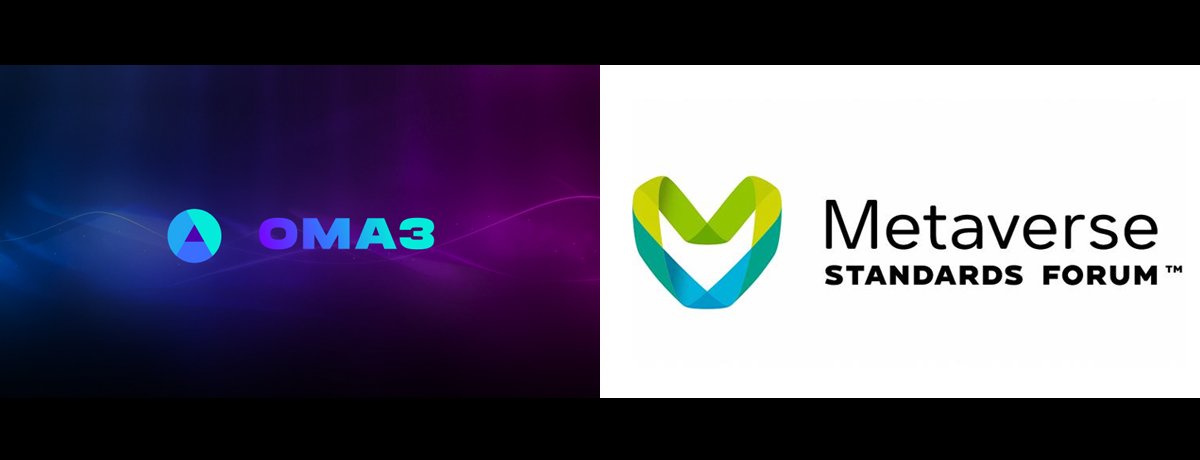From everything I’ve been reading lately, there seem to be some misconception about the purpose of a standard.
What is a standard?
Most importantly, a standard does not mean “only.” There can be multiple standards that serve the same purpose. I’ll get to an example of that in moment.
Per SMPTE, a standard provides structure, organization, and interoperability and enables repeatable workflows for content creators and distributors, as well as the manufacturers who support them.
Note that nothing above says there must be only one. All it means is that by publishing a standard, any entity can generate, interpret, and reproduce the subject of the standard created by any other entity.
Generally, one standard wins out in the end, sometimes quickly and sometimes over time. The survivor may even adopt some of the features of the other, becoming better for the competition.
Examples
Perhaps the most famous example in consumer electronics was VHS vs. Betamax. Betamax had superior picture, but Sony didn’t want to share. VHS was licensed far and wide and quickly captured the market. I didn’t hurt that VHS could handle a 2 hour movie and Beta was limited to one.
What many people don’t know is that the Betamax standard was widely adopted by the professional community and for decades was the standard for video masters, first with analog and later digital formats.
Another example is MPEG (.mp2, .mp3) vs. WMV. Both are published standards for video files and any video player could play them back by implementing the standard. Some players chose to implement one, some the other, and some both.
In the end, MPEG was far more widely adopted, but that did not change the fact that for quite some time there were two competing standards which did not cause chaos.
A final example is Blu-ray vs. HD DVD. In this case, HD DVD barely saw the light of day and the standards were eventually merged with Blu-ray as the sole survivor.
Standards and the Metaverse
Today there are two bodies attempting to create standards for the Metaverse – Metaverse Standards Forum (MSF) and Open Metaverse Alliance for Web3 (OMA3). Both boast some high profile members. It’s likely that there will be some competing standards for a while, which does not mean there will be two walled gardens. With a published standard, members of either body can support standards published by either one. However, in the end it is also likely that one will outlive the other.
MSF and OMA3 might even end up focusing their respective efforts on different standards enabling faster market adoption.
We’ll see, but this is healthy process and should not be cause for dismissing the efforts of the two groups.


